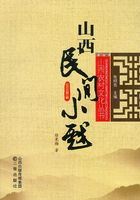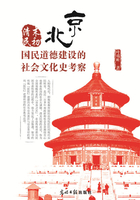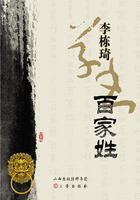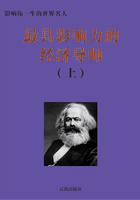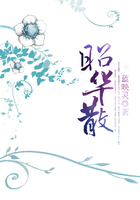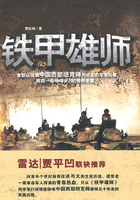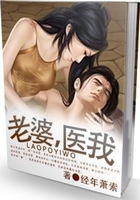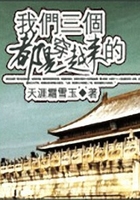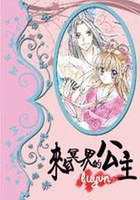The second year of Tianjian of the Liang is 503 C.E. This happened before Emperor Wudi of the Liang ordered Samghapāla to translate Buddhist texts in the fifth year of Tianjian (508 C.E). It appears that at that time Mandra did not know Chinese well. So he needed Samghapāla to help him. Daoxuans information is very likely to have come from Lidai Sanbao Ji (The Three Jewelries in History), a book by Fei Changfang of Sui times, a Dynasty just before the Tang. Fei Changfang again says Mandra finished the translation together with Samghapāla and the source texts were brought to China from Funan by Mandra. He also says that while Samghapāla translated at the Hall of Shouguang, the Monastery of Zhengguan and the House of Zhanyun, all the source texts Samghapāla used are those brought to China by Mantra from Funan.One of the prominent points that we have to pay attention to is that among the Buddhist texts Samghapāla translated all belong to Mahāyāna tradition, not those related southern Buddhist tradition, excepting the text of Vimuttimagga. The origin and the nikāya affiliation of these texts are definitely worth more examination. As far as I know, this has nearly been totally neglected by scholars.
Fei Changfang also mentions two other catalogues of Buddhist texts a little earlier than him, the Li Kuo Lu (The Catalogue by Li Kuo) and the Baochang Lu (The Catalogue by Baochang), from which his information was obtained, though both have been lost later. The accounts in the Buddhist texts catalogues after Fei Changfang and Daoxuan, for example, Kaiyuan Shijiao Lu (The Buddhist Text Catalogue during the Reign of Kaiyuan) by Zhisheng, are all based on the above narratives.Taisho Tripitaka, No. 2154, p. 537b.
Funan, or ancient Cambodia, was the largest country from the first to the seventh century in todays IndoChina peninsula.For general ancient history of the area of Southeast Asia including Funan or Cambodia see, for example, G. Coedès, The Indianized States of Southeast Asia, Canberra: Australian National University Press, 1975. The territory of Funan was bigger than todays Cambodia. The Chinese name Funan, according to some scholars, is from ancient Mon- Khmer word bnam, meaning mountains. The connection between Funan and China has been started quite early since the time of Three Kingdoms, that is, around the middle of the third century C.E.. During the Northern and Southern Dynasties a number of Buddhist monks arrived in China from Funan. Mandra and Samghapāla are two of them.
Though we have above mentioned accounts, there is still very little we know about the life of Mandra in China. However, in a book written by Annen, a Japanese Buddhist monk scholar of the time of Heian, the name of Mandra is mentioned. Annen edited a book called Xitan Zang (The Siddham ·-Pit ·aka) in 880 C.E.. In the book while he discussed the socalled fourteen svaras or the Sanskrit vowels he cited seven different explanations by various scholars. The sixth is related to Emperor Wudi of the Liang and Mandra. His text is as follows:
The sixth explanation is that by Emperor Wudi of the Liang. The Emperor Wudi disputed with the abovementioned masters. He says that why the two scripts have been lost is just because it has been too long since the time of the great Saints. Now the great Saint appears again, why have they said that the scripts have been lost· Duanding cites the points of Master Guan who says it is also a mistake if one takes two scripts of siddham to fill the gap. The siddham is just an auspicious symbol, nothing to do with the fourteen svaras. Next he cites the points of Master Guan again to dispute the explanation of Duke Xie who added the last four scripts to fill the gap but this is just what arvavarman, a tīrthaka(heretics) teacher, taught the King of ātavāhana. arvavarman added the last four scripts and then it can become fourteen svaras. But in fact these four are not the sounds. How do we know this· This was said by Dhyāna Master Mandra. The words of Mandra are as follows: The Kunlun people in the remote sea area do not understand this but learned under the influence of tīrthakas so that the Hīnayāna scholars of that country do the same. So we should not add the last four scripts to make it complete. Let us explain the four scripts: In (Fanxians) translation of Mahāparinirvānasūtra in six scrolls, they are lü (r), li (r- ·), lou (l), lü(l- ·). Here in the translation of Mahāparinirvānasūtra (by Dharmaksema) they are lu (r), liu (r- ·), lu (l,l- ·), lou (l- ·). Both are criticized by Emperor Wudi. Of these two versions, the latter is a little bit better. The explanation is this: To add these four scripts in showing the fourteen svaras is what the tīrthaka scholar arvavarman taught the King of ātavāhana. Why didhe teach him in this way· It is said that because the tongue of the King was so stiff that he asked the King to recite them.
Guanding was a well known Buddhist monk scholar in from Sui dynasty times. “Master Guan” very likely refers to Huiguan in the time of Liu Song (420-479 C.E.). Master Zong was Sengzong of the same time. “Duke Xie” refers to Xie Lingyun, the most well known writer and scholar of the time. Xie lived from 385 to 433 C.E.
Through this account we know Mandra was a Chan Master and Mahāyānist as well. The story of arvavarman who taught the King of ātavāhana can be found in two well known Indian story collections Kathāsaritsāgara and Brhatkathāmajari. In the story it is that arvavarman was a minister under the King of ātavāhana. It is just because he hoped to train pronunciation of the King who has a stiff tongue.

